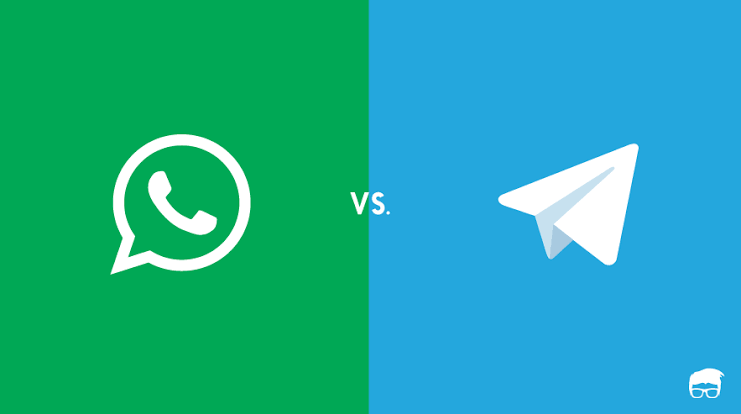10 reasons Telegram founder ‘thinks’ using WhatsApp is dangerous
Telegram founder Pavel Durov in an official blog post listed out several reports to criticise WhatsApp and explained why he thinks using WhatsApp is dangerous. Telegram is a WhatsApp rival app and Durov went no holds barred in stating his bias against WhatsApp. “Some could say that, as a founder of a rival app, I may be biased when criticizing WhatsApp. Of course I am. Of course I consider Telegram Secret Chats to be significantly more secure than any competing means of communication – why else would I be developing and using Telegram?” To back his claim of WhatsApp being dangerous and hinting the people should ideally delete it from their phones, Durov referred to several news reports. Here are the reasons, as per Durov why using WhatsApp is dangerous
“It became clear that this backdoor had been exploited to extract private communications and photos of Jeff Bezos – the richest person on the planet – who unfortunately relied on WhatsApp. Since the attack seemed to originate from a foreign government, it is likely that countless other business and government leaders have been targeted,” he wrote.
“The United Nations now recommends its officials to remove WhatsApp from their devices”
“People close to Donald Trump have been advised to change their phones”
Instead of apologizing and promising to protect users, Facebook is blaming others.
“Given the gravity of the situation, one would expect Facebook/WhatsApp to apologize and pledge not to plant backdoors in their apps going forward. Instead, they announced that Apple, not WhatsApp, was to blame. Facebook’s vice president claimed that iOS, rather than WhatsApp, had been hacked…Consequently, the issue was not iOS-specific, but WhatsApp specific,” said Telegram founder.
End-to-end encryption in WhatsApp doesn’t guarantee absolute security by itself
“In their marketing, WhatsApp uses the words “end-to-end encryption” as some magic incantation that alone is supposed to automatically make all communications secure. However, this technology is not a silver bullet that can guarantee you absolute privacy by itself,” said Durov.
WhatsApp chat backups on iCloud and Google Drive is not encrypted
“Users don’t want to lose their chats when they change devices, so they back up the chats in services like iCloud – often without realizing their backups are not encrypted. The fact that Apple was forced by the FBI to abandon encryption plans for iCloud is telling,” he added.
Telegram founder claims that backdoors continue to exist in WhatsApp
“There are backdoors. Enforcement agencies are not too happy with encryption, forcing app developers to secretly plant vulnerabilities in their apps. I know that because we’ve been approached by some of them – and refused to cooperate. As a result, Telegram is banned in some countries where WhatsApp has no issues with authorities, most suspiciously in Russia and Iran,” claimed Durov.
12 ‘backdoors’ were found in WhatsApp in 2019
“Backdoors are usually camouflaged as “accidental” security flaws. In the last year alone, 12 such flaws have been found in WhatsApp. Seven of them were critical – like the one that got Jeff Bezos. Some might tell you WhatsApp is still “very secure” despite having 7 backdoors exposed in the last 12 months, but that’s just statistically improbable,” stressed Telegram founder.
Telegram founder Pavel Durov claims that there are flaws in encryption implementation in WhatsApp
“There are flaws in encryption implementation. How can anybody be sure that the encryption WhatsApp claims to use is the one actually implemented in their apps? Their source code is hidden and the apps’ binaries are obfuscated, making them hard to analyze,” he mentioned.
Telegram founder warns users to not be fooled into thinking that end-to-end encryption ensures privacy
“Don’t let yourself be fooled by the tech equivalent of circus magicians who’d like to focus your attention on one isolated aspect all while performing their tricks elsewhere. They want you to think about end-to-end encryption as the only thing you have to look at for privacy. The reality is much more complicated,” said Durov.



